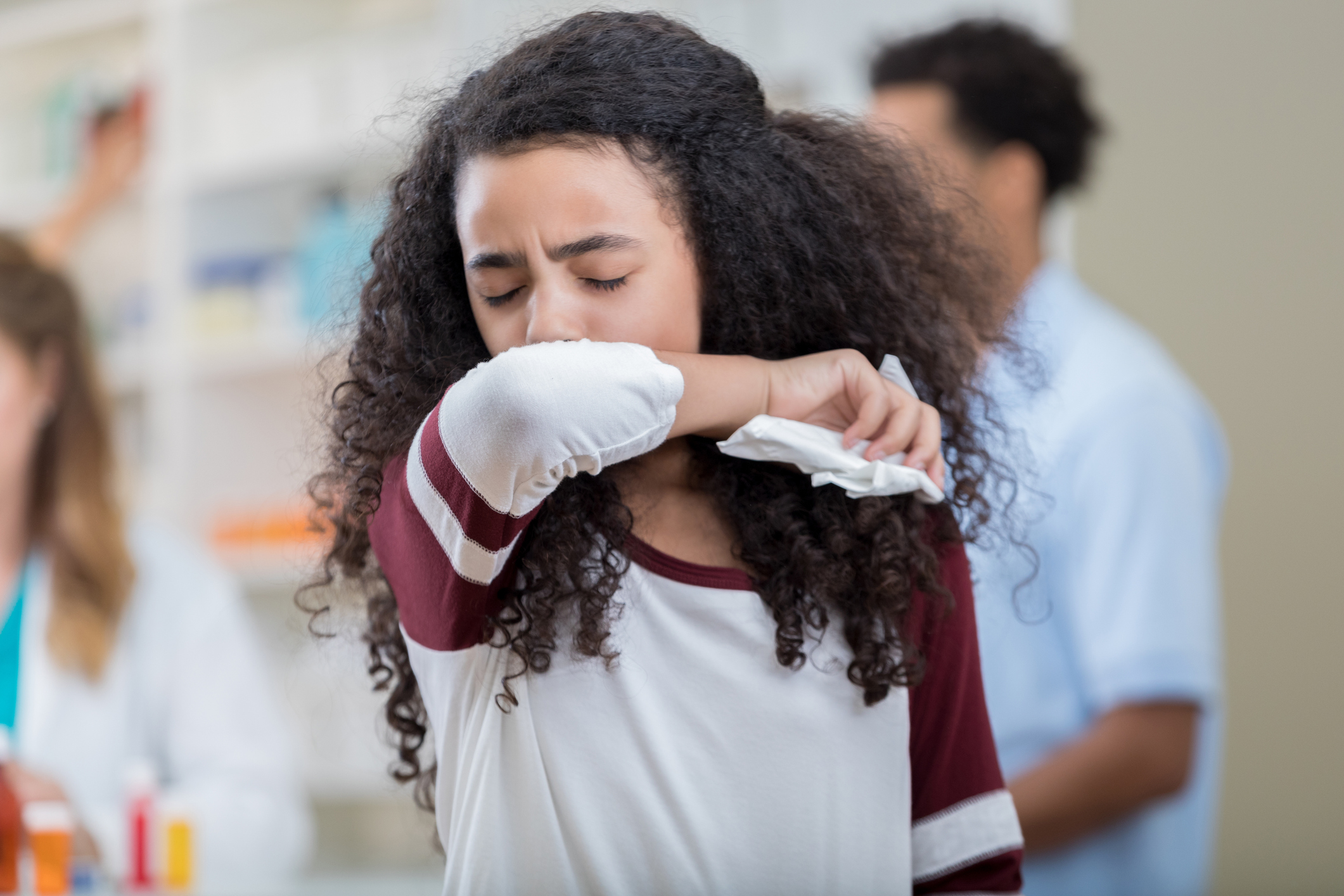
The coronavirus pandemic is a worrying time for everyone, but it can be even more scary if you, or a family member, is deemed to be in a high-risk group.
Concerns are continuing to rise over those who may be more likely to contract the virus, or suffer more seriously with it if they do. And one group of people facing uncertainty are people with asthma.
Asthmatics are considered to be 'at-risk' during the coronavirus outbreak, alongside other groups of society.
As such, Asthma UK, following NHS advice, have issued new shielding advice for those in very high-risk groups.
Generally, those considered to be at high-risk with coronavirus are people over the age of 70, and those under 70 with an underlying health condition. These include people with:
- chronic heart or kidney disease
- weakened immune systems, due to certain medical conditions or because of treatments such as chemotherapy
- diabetes
- being seriously overweight
- chronic neurological conditions such as Parkinson's, multiple sclerosis, or cerebral palsy, among other conditions
- chronic respiratory diseases, including asthma, bronchitis, or chronic obstructive pulmonary disease
If you or a loved one is in an at-risk group, it's likely to be a stressful time, with plenty of questions - especially if your children are deemed to be in any of the vulnerable groups.
Why are asthmatics in the high-risk group?
People, including children, with asthma, are considered to be at higher risk, as they may suffer the impacts of the virus more severely if they were to get it. The coronavirus virus can cause respiratory infections, and respiratory infections can set off asthma symptoms.
Parenting advice, hot topics, best buys and family finance tips delivered straight to your inbox.
Asthma UK advises some simple management steps, in order to reduce your risk of symptoms.
On their website, they say you should:
- Keep taking your preventer inhaler daily as prescribed. This will help cut your risk of an asthma attack being triggered by any respiratory virus, including coronavirus.
- Carry your reliever inhaler (usually blue) with you every day.
- Start a peak flow diary, if you have a peak flow meter. They say, if you don't have one, now might be a good time to get it from your GP, as it can help you track any potential symptoms of coronavirus. It can also help your medical team to assess you over the phone or video too, if needs be.
Children will likely need help with these tactics, so if your child has asthma it's important to follow these measures.
For adults, Asthma UK also advise quitting smoking ASAP (although it may not be as easy as that), as doing so can increase your risking from COVID-19.
Should children with asthma self-isolate?
Just like adults with asthma, children, with the help of their parents, should follow the new guidelines set out by the government in order to best take care of their health.
Earlier this month, Prime Minister Boris Johnson announced his intention to have everyone in vulnerable groups self-isolate for 12 weeks. If you are deemed to be one of these people, you should have, or will soon, receive notification from the government that you should start self-isolating immediately.
At the moment, Asthma UK have put together a list of people who are in the very-high risk groups, and who should self-isolate from now for at least 12 weeks.
These people include:
If you are, or your child is, taking:
- Any biologic therapy, also called a mAb (Xolair/omalizumab, Nucala/mepolizumab, Cinqaero/reslizumab, Fasenra/benralizumab)
- Steroid tablets or liquid every day
- Antibiotic tablets or liquid for asthma every week (e.g. azithromycin)
- Tiotropium
- A combination inhaler that also contains a long-acting bronchodilator (e.g. Seretide, Fostair, Symbicort) at a high daily steroid dose (see the list here)
- An inhaler with a high daily steroid dose (see the list here) AND you are taking Montelukast
READ MORE: The best FREE educational resources online and tips for homeschooling
If you do not fall into the above categories but do have asthma, the NHS advises that social distancing and hygiene measures are particularly important for at-risk people.
They shared the following measures asthmatics should be following - which are the same as those without.
- Washing your hands regularly with soap and warm water
- Not touching your eyes, mouth, nose, or face in general if you haven't washed your hands
- Use tissues to sneeze or cough into, and dispose of them straight away afterwards.
- Try and avoid unneccessary social interactions, by not visiting public venues such as pubs, restaurants, cinemas or bars.
- Carry on taking all your usual asthma medicines as normal.
- BUT, if someone you live with develops symptoms of COVID-19, stay in your home in self-isolation for 14 days.
Please note: the advice on coronavirus and those at higher risk is changing daily, and so while we have tried to compile the most recent official information, there is every chance that this information may have changed already. For the most up-to-date advice for all health conditions visit gov.uk here.
Amy is Senior Digital Writer across Woman & Home, GoodTo and Woman, writing about everything from celebrity news to health, fashion and beauty features. When she isn't obsessing over the latest dress drop from Marks & Spencer, you'll most likely find Amy out running, or with a cup of tea in hand ready to dive into a gripping new Netflix series.